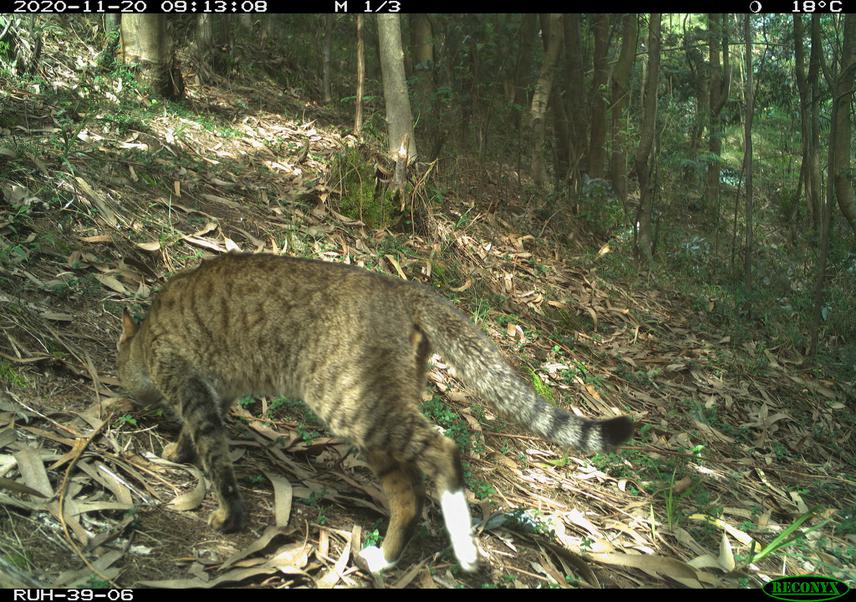Ezechiel Turikunkiko
Other projects
11 Jul 2023
Assessing The Factors Leading to the Frequent Livestock Killings towards the Protection of Carnivores in Gishwati-Mukura National Park and Biosphere Reserve
Felids play a big role in the ecosystem, but their presence can bring about conflicts with the local community living around their conservation habitats. This project aims to assess the presence and impact of wild felids species that are in conflicts with local communities through attacking and killing livestock around Nyungwe National Park, Nyaruguru District, Rwanda. The study will use camera traps, local community knowledge, and personal observations to environmental factors and socio-economic factors. The research Wild identify felids suspected to be in conflicts with local community; It will improve the capacity of local community to address conflict issues and develop mechanism to reduce felids-human conflicts in order to minimize risk to human life and economic issues including livestock losses; and the research also will give guidance on how to enhance park conflict management techniques and practices as well as helping to protect felids and other carnivores.

Over the years, Rwanda has experienced the reduction of wild felids for various reasons. For example, due to livestock raiding or human deaths, the responsible felids are often revenge killed, such as lions which went locally extinct from 2000 to 2015. Nowadays, around Nyungwe National Park, especially Nyaruguru District, wild felids are highly suspected to kill livestock, which has engaged the park management in conflicts with local communities. This issue led to undertake the research project on “Identifying Felids ranging out park boundaries, assessing their impacts on community properties around Nyungwe National Park and proposing mitigation measures”. The project proposal was submitted to Rufford Small Grants programme, and the amount of £6,000 was approved for funding the project implementation activities. The study will be carried out in and around Nyungwe National Park, specifically in Nyaruguru District (in 3 sectors include Kivu, Nyabimata and Ruheru).
The project will be executed by using 27 Reconyx HyperFire PC800 Professional Series Cameras because they are good at recording hyper-rare events and will be installed in Park Forest, buffer zone and community farmlands or nearby homes, and 342 trapping points will be used over the period of one year starting from when the fund is received. The project will also use questionnaires for 60 people and group discussions in order to hear the local knowledge. Aside from competences from the project applicant/ leader, the work will be done in collaboration with wildlife conservation researchers and veterinaries who have strong experience in wildlife management, and of course with the help of local field assistants.
However, felids populations need special conservation attention because they are exposed to strong external pressures for their biological requirements and conflict with local people. Therefore, felids are preserved for tourism, ecological, aesthetic, symbolic, spiritual, cultural, and other reasons. Felids are considered as umbrella and flagship species, conserving their habitat, benefits both felids and biodiversity in general.
The work will also help the park management to know exactly which species are in conflicts and put attention on their management. In addition, it will encourage the Government to prioritize the conservation of felids so that the country does not experience once again the decline in felids. At the end, the results will help the local community to identify at a high level the felids that attack their livestock and help them to adopt conservation strategies to reduce the risks.